
Ada, like four other children diagnosed with polio in Karachi, belongs to a Pakhtun household. “The baby girl has a history of refusals,” says a senior official associated with the provincial arm of the expanded immunisation programme (EPI) who did not want to be named as a formal report on the case has not been released yet. This means Ada was never administered polio drops because adults from her home refused to let her be immunised. “This [refusals] is a growing problem with the Pakhtun community,” the officer said.
Speaking to The Express Tribune team, a leader for the polio eradication initiative of the World Health Organisation in Sindh, Dr Jamil Youssef, highlighted some of the initiatives they have been taking to tackle this problem.
“We have extensive social mobilisation activities underway,” he said. “We are also meeting with religious leaders such as Maulana Hanif Tayyab among others.” In fact, barely 10 days ago a large meeting with the imams of mosques took place with the agenda of making people realise the importance of the vaccine. And not to leave the burden solely on religious leaders, politicians have also been approached to help out.
“We are mainly meeting leaders from the Pakistan Peoples Party and the Awami National Party to help us tackle this issue,” Youssef said. But sometimes all that comes out of these efforts is just talk. “Leaders, both religious and political, make a number of promises to help out with the campaign and disseminate the message to the people but in many cases this does not materialise,” said an official with the WHO based in Karachi.
Shahi Syed of the ANP in Sindh refuted the claims that the Pakhtun were not cooperating. He pointed out several problems. “We have met the officials associated with the polio campaigns several times,” he told The Express Tribune. “We had set up many camps at the Bacha Khan Markaz as well. But in some instances the healthcare workers made up this excuse of a threat to their lives in Pakhtun areas so they do not go there.”
According to him, they had told them on several occasions that the teams needed to contact the party so they could be escorted - this would ensure ‘security’ and the party men familiar with the area and families would be able to do a better job of persuading them. This would achieve the same goal as adding a Pakhtun doctor to the team.
In addition to this, Shahi Syed pointed out that during the day, when the teams visit, the male head of the family, usually a labourer, is usually out at work. This means that the women do not leave the house - female health care workers would be a better option. “No one wants to refuse getting their child vaccinated,” he said. “But they cannot send their children outside alone either.”
Keeping in mind the migration trends from north to south this time of the year, Youssef says multiple vaccination points have been set up at bus stops in the mega-city. Additional arrangements for immunisation have been made at crossing points between Sindh and Balochistan as well as Sindh and Punjab.
The provincial head for WHO adds that a Pashtu-speaking doctor is also being recruited to compliment the present team when attempting to integrate in to the community for the polio campaigns.
The president has declared this year one for an emergency action plan to eradicate the virus. Last year, Pakistan had 144 cases and as of October 8, 78 cases were reported. This year, as of October 1, the country is just shy of 100. With three months to go and the cold about to make far-flung areas even tougher to access one can only hope parents realise the importance of protecting their children from this disabling disease.
Published in The Express Tribune, October 1st, 2011.
1734586552-0/Untitled-design-(49)1734586552-0-405x300.webp)

1720097164-0/BeFunky-collage-(9)1720097164-0-165x106.webp)


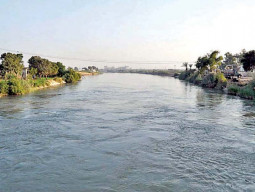
1726722687-0/Express-Tribune-Web-(9)1726722687-0-270x192.webp)
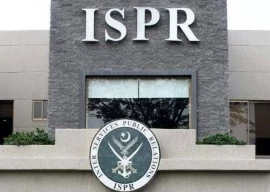
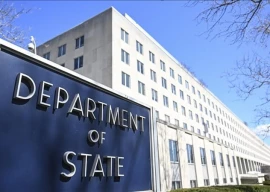

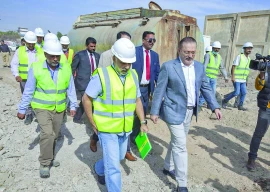
1734468458-0/Copy-of-Untitled-(50)1734468458-0-270x192.webp)
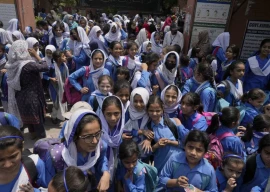
1734511806-0/Untitled-design-(5)1734511806-0-270x192.webp)


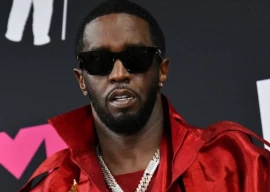






COMMENTS
Comments are moderated and generally will be posted if they are on-topic and not abusive.
For more information, please see our Comments FAQ